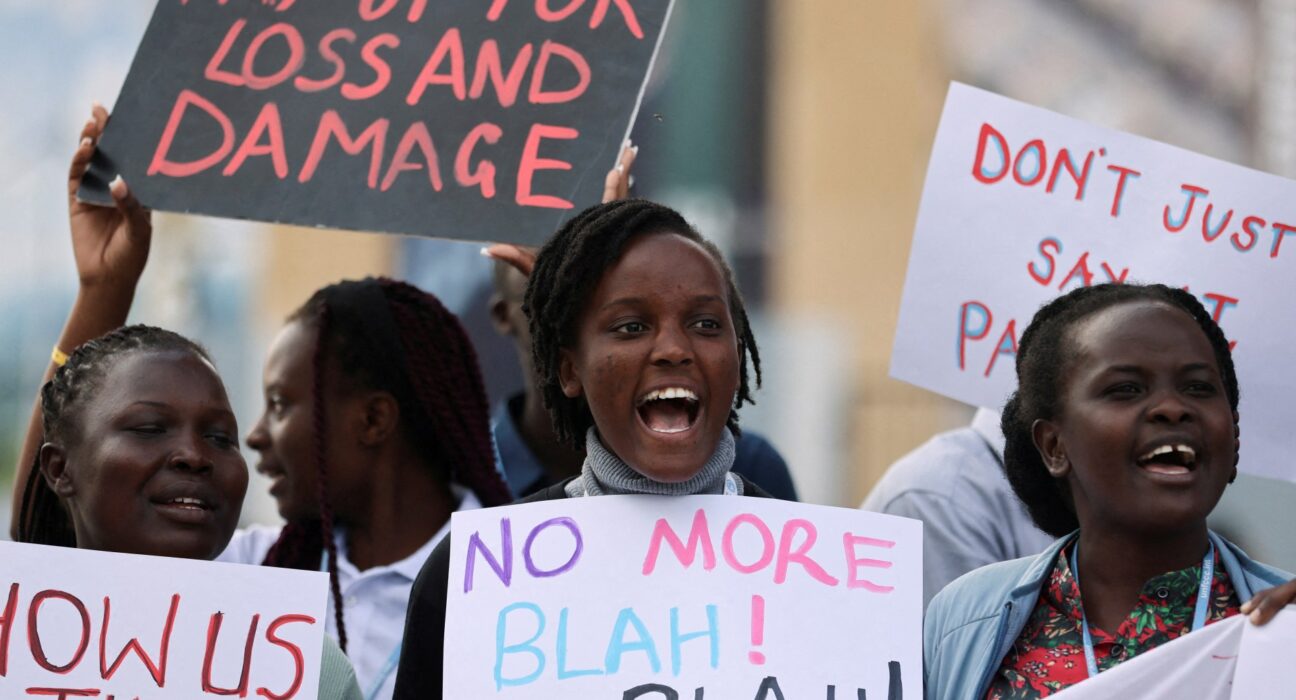Wealthy nations have made pledges to support the Loss and Damage fund, aimed at providing $250 million in aid to climate-vulnerable countries affected by extreme weather. However, the actual transfer of funds has been slow, with only $348 million out of the pledged $789 million reaching the Fund for Responding to Loss and Damage (FRLD) so far.
Representatives from developing countries expressed concerns about the delay in payments, highlighting issues of transparency and predictability regarding when the promised funds would be delivered. While several rich nations, including Italy, the European Union, Luxembourg, United Arab Emirates, Australia, and Sweden have committed to contributing, the disbursement schedules vary. Some nations are providing partial payments annually instead of fulfilling their entire pledge upfront.
Elena Cristina Pereira Colindres from Honduras emphasized that these staggered payments make it challenging for the fund’s board to plan effectively and erode confidence in long-term commitments. She compared the current fund allocation of $250 million for next year as
“lemonade stand money,”
emphasizing that the actual financial needs run into billions due to climate change-induced loss and damage estimated at $395 billion annually.
Developing nations have urged developed countries to ramp up their contributions significantly to reach a target of $100 billion per year by 2030. In response to these funding challenges, a resource mobilization strategy is being devised by FRLD’s board members aiming to secure more substantial financial support by 2025.
Daniel Lund from Fiji starkly described the current funds as inadequate, equating them to a fraction of what it costs to build a single coal-fired power plant. The urgency for increased financing is echoed by stakeholders who stress that immediate action is imperative given the escalating impacts of climate change on vulnerable communities worldwide.
The debate around leveraging additional sources of finance like private-sector investments has sparked mixed reactions within the fund’s management team. While some argue in favor of prioritizing projects with potential private capital inflows for sustainability reasons, others caution against transforming the fund into an investment vehicle rather than maintaining its core purpose as a solidarity fund serving those most affected by climate-related disasters.
Tensions arose during discussions on incorporating leveraging practices into project evaluation criteria; some members expressed strong reservations citing concerns about deviating from fundamental principles guiding loss and damage funding. The need for clarity on how funds will be disbursed remains crucial as board co-chair Richard Sherman anticipates approving initial projects early next year once financial frameworks are established.
Sherman envisions an efficient mechanism where rapid disbursements can occur swiftly during emergencies or extreme weather events – underscoring the fund’s role as a vital resource for impacted communities facing immediate threats. The urgency surrounding timely aid delivery was underscored by Ferdinand Marcos from Philippines urging swift action lest further delays result in heightened human suffering and loss.
As global efforts intensify towards mitigating climate impacts through robust financial mechanisms like FRLD, balancing stakeholder interests while ensuring effective resource utilization remains paramount in safeguarding vulnerable populations against mounting environmental crises.

